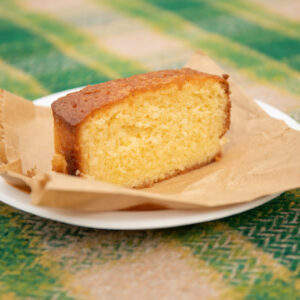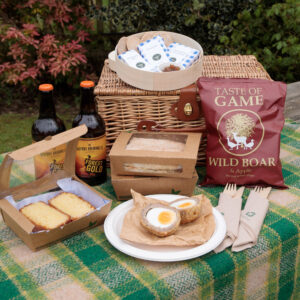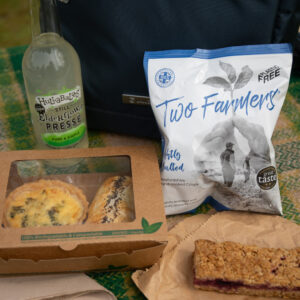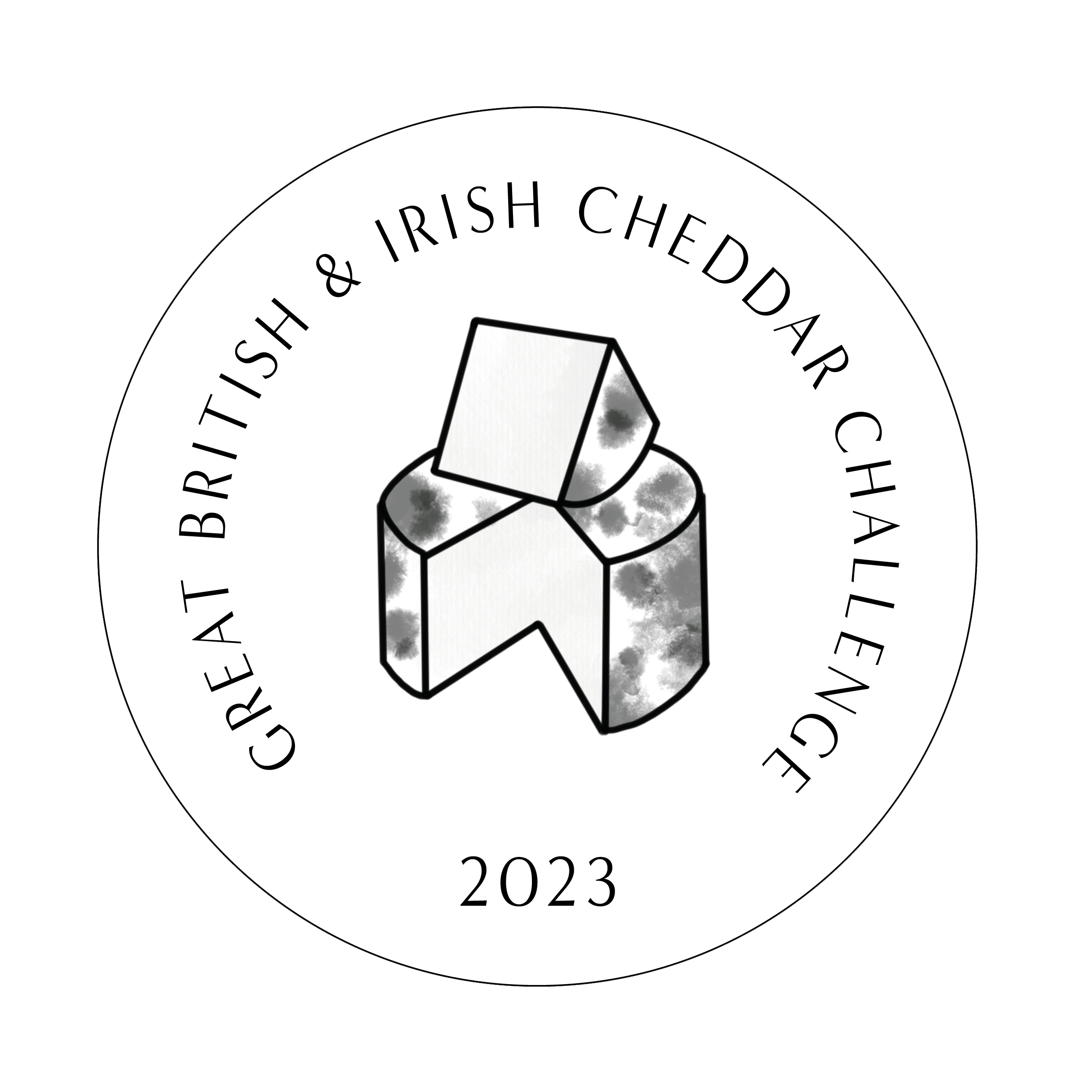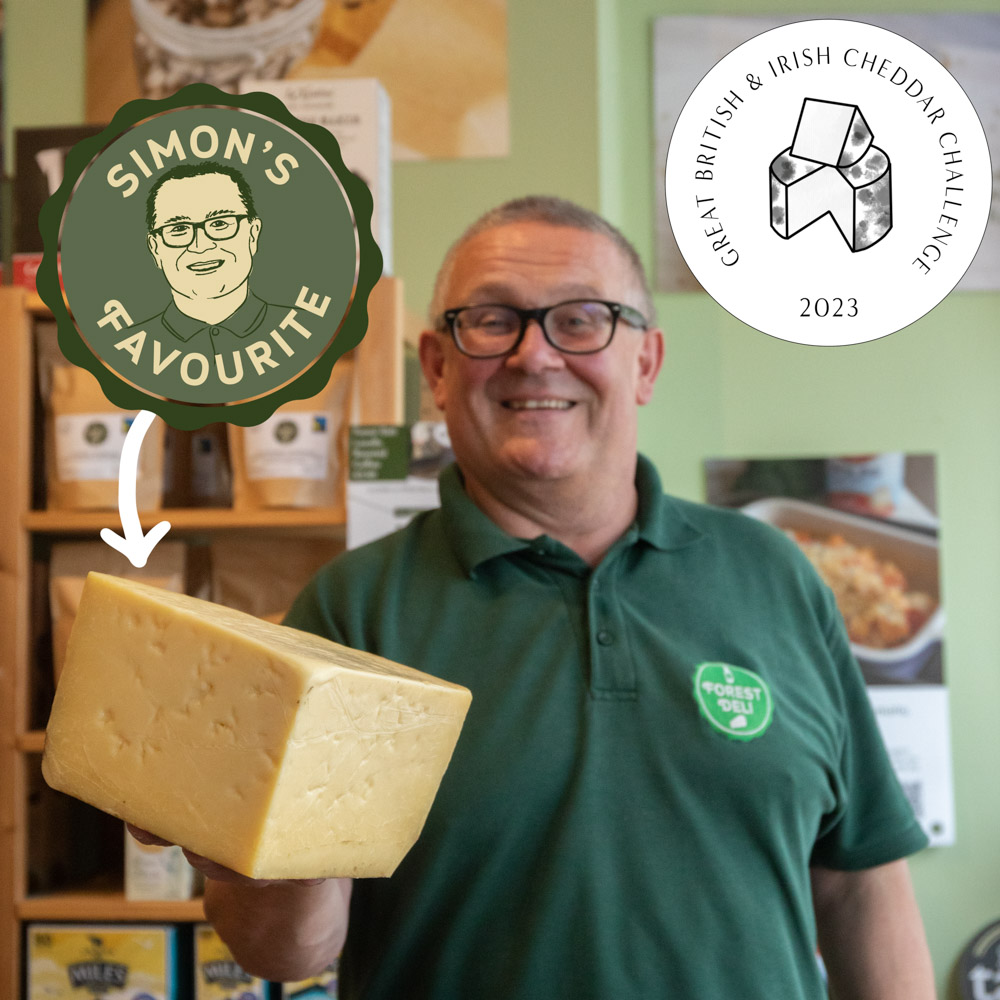
Fancy being a record breaker and enjoy GREAT cheese at the Same Time?
Take part in a nationwide potential record-breaking cheese-tasting experience on September 16th 2023 from 7PM to 9PM.
Six different Artisan Cheddars to taste with an online panel led by Marcus Brigstoke where we will all taste the same cheeses at the same time.
The cheeses will be numbered from 1 – 6 so that we have no preconceptions, and then votes will be collated to see the “favourite” which will be announced at The Big Cheese Weekend at a later date.
To get the cheese you can call, order online or come into the shop. Pre-ordering is essential to ensure that everyone gets the same cheeses from the same production day.
What you will get –
- A box of the 6 cheeses, which will be enough for 4 people
- The link to the online session where there will be much discussion
- Tasting Notes for all the cheeses that will be provided by The Academy of Cheese
- The chance to be part of a World Record!
Each box will be priced at £25 for collection from the shop or £35 inc DHL delivery.
The last date to guarantee orders for delivery or collection will be Tuesday 12th September.
We will also be running an event in the shop for the evening which will be £15 a head including the first drink. This has to be pre-booked as we have limited numbers. Over 18s only.
Any questions at all please just ask 🙂
How to take Part:
At home..
In person in the deli..
Artisan cheddar is not a protected name so this makes things a little tricky. Real artisan cheddar is made by a cheesemaker using a single herds milk. The cheesemaker may own the cows or buy the milk locally. The process of making the cheese is largely done by hand. This includes adding the cultures, rennet, cutting the curds salting, pressing and wrapping the cheeses in cotton muslin. Each cheesemaker will have their own recipe for making the Cheddar and some recipes will go back hundreds of years.
If you are to compare the 6 cheeses that we will be tasting at the Great British Cheddar Challenge GBCC you will easily find that each cheese is different in taste. This is due to the terroir and aspect from which the cows graze. The biome of the ageing rooms are all totally unique to the cheesemakers and carry their own characteristic. Just like a fingerprint is unique to every one of us so are the true artisan cheesemakers cheeses.
Block cheddar is made on a huge scale. Imagine an artisan producer that makes circa 150 tonnes of cheese a year. In comparison an industrial block cheddar factory can easily produce more than 200 tonnes of cheese a day.
Block cheddar is pasteurised as the milk comes from many sources. This reduces the depth of flavour that artisan clearly has. Often block cheddar using other cultures not associated with true artisan cheddar production to give a sweeter taste.
The true artisan producer will have their own single herd cow’s milk or from a local herd nearby. Industrial block cheddar producers will have milk delivered from hundreds of dairies up and down the country and even from overseas.
Cheese VATS used in factories are more often than not closed and can contain tens of thousand of litres of milk, sometimes as much as 30,000ltrs. Artisan producers use open VATS that are sized according to the yield of their herd. Sizes of VATS generally never exceed 5000ltrs. The size of the VAT will only mirror the milk yields of their herds or the local milk sourced. Industrial closed VATS are completely mechanised taking out any human intervention. Open VATS used in artisan production are open to see the milk and work it by hand.
Block cheddar is cut into large blocks and aged in vacuum packs. This is done to avoid any shrinkage and rind. It gives each block cheddar a uniformed taste with little character. Artisan cheddar is generally aged in cloth with a fat coating the cheese. There is shrinkage and a unique rind development that gives beautiful rich savoury flavours.
It is in the interest of the Artisan producer to make a product that encapsulates the bio diversity of their flora and fauna. This is done by careful land and animal management. True artisan cheddar producers will only use sustainable and ethical methods. Their hard work shows itself in the quality and taste of the cheese produced. The cheese has a full complexed flavour that is expressive and keeps giving. Artisan RAW milk Cheddar additionally can contain probiotics that are brilliant for our gut health. Pasteurised block cheddar does not contain probiotics although occasionally this can be added.
Block cheddar has a shorter flavour. It does not show the flora and flora of where the milk is sourced as it is made with milk from numerous farms and is pasteurised.
Since the 12th century long paper parchment, known as pipe rolls were used to keep public records. In 1155 this method of record keeping became continuously maintained. In 1170 it was recorded that King Henry II ordered 4.6 tonnes at a cost of just over £10 in todays money! This is the earliest written record of Cheddar cheese.
It is believed to have been found and first made in the South West in the village of Cheddar, Somerset.
Keeping it Royal in the 17th century during Charles I reign, Cheddar consumption outweighed production. It could then only be bought through the Royal Court.
1840, Queen Victoria was given 500 kilos of Cheddar as a wedding present.
In 1876 at Vale Court Farm, Marksbury, Somerset, Joseph Harding introduced the definitive formula for cheddar cheese. He invented several modern cheddar production methods including the peg mill for milling the curds.
Robert Falcon Scott AKA Scott of the Antarctic took the equivalent of over 1.6 tonnes of cheddar on his exploration in 1901. Cheddar is favoured by explorers for its good carbohydrates and protein that also helps to keep blood sugar high.
During WW11 Cheese producers were reduced from 3500 to just over 100. Factories produced Government Grade cheddar to help feed a Nation.
Today we are lucky to see a healthy rise in artisan cheese production with some exceptional Cheddar being produced. Although sadly real artisan cheese sales only equate to circa 3% of national cheese sales.
2023 The Great British & Irish Cheddar Challenge was founded to encourage people to see the real value in artisan over industrial.
